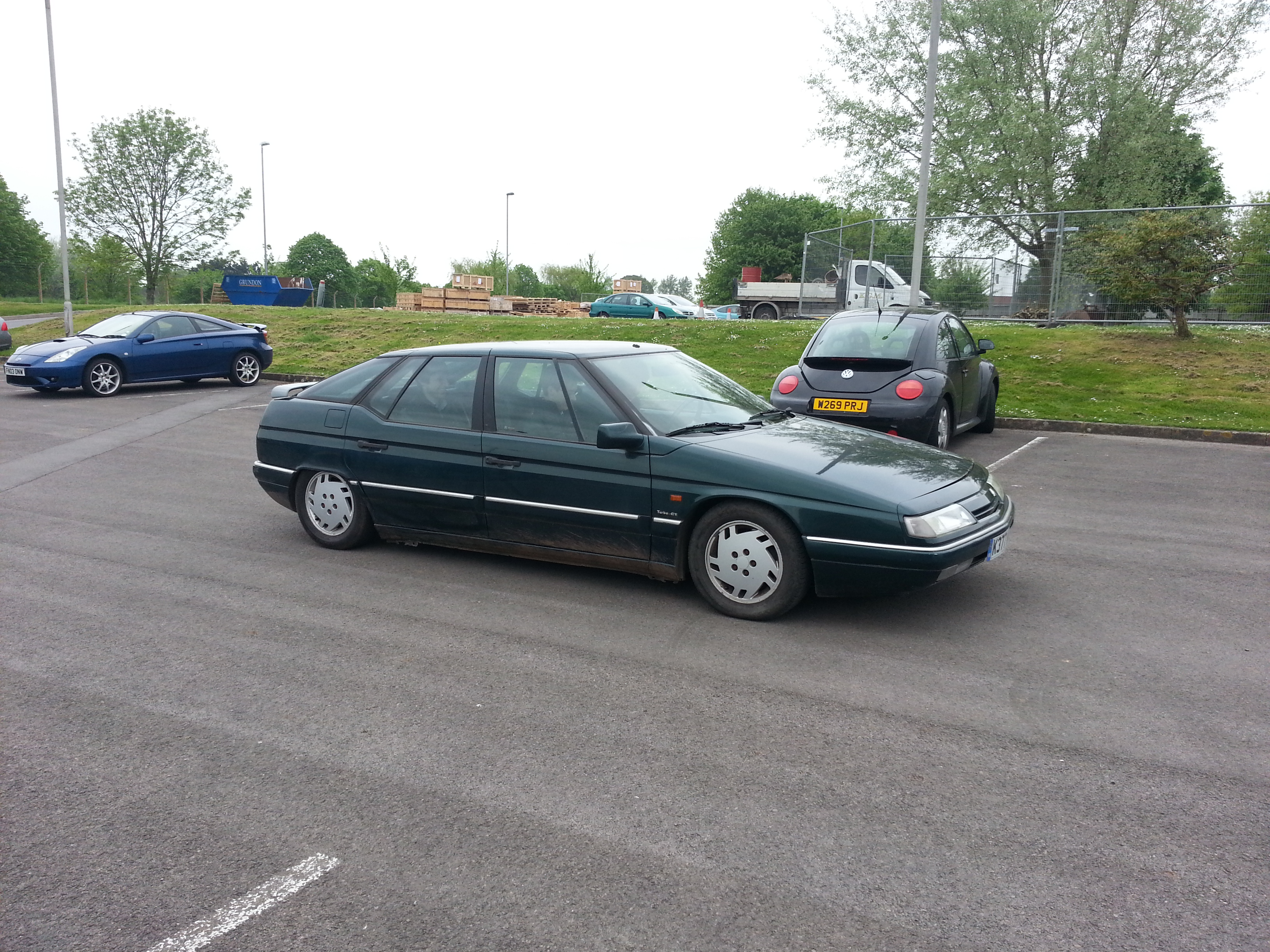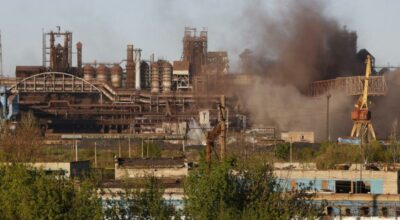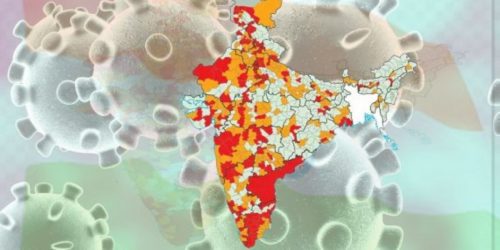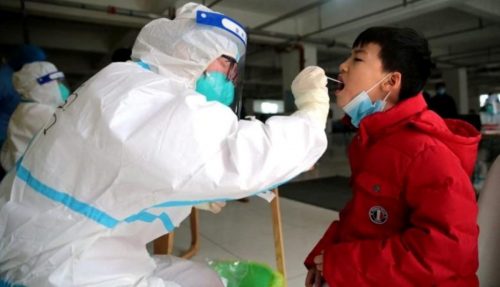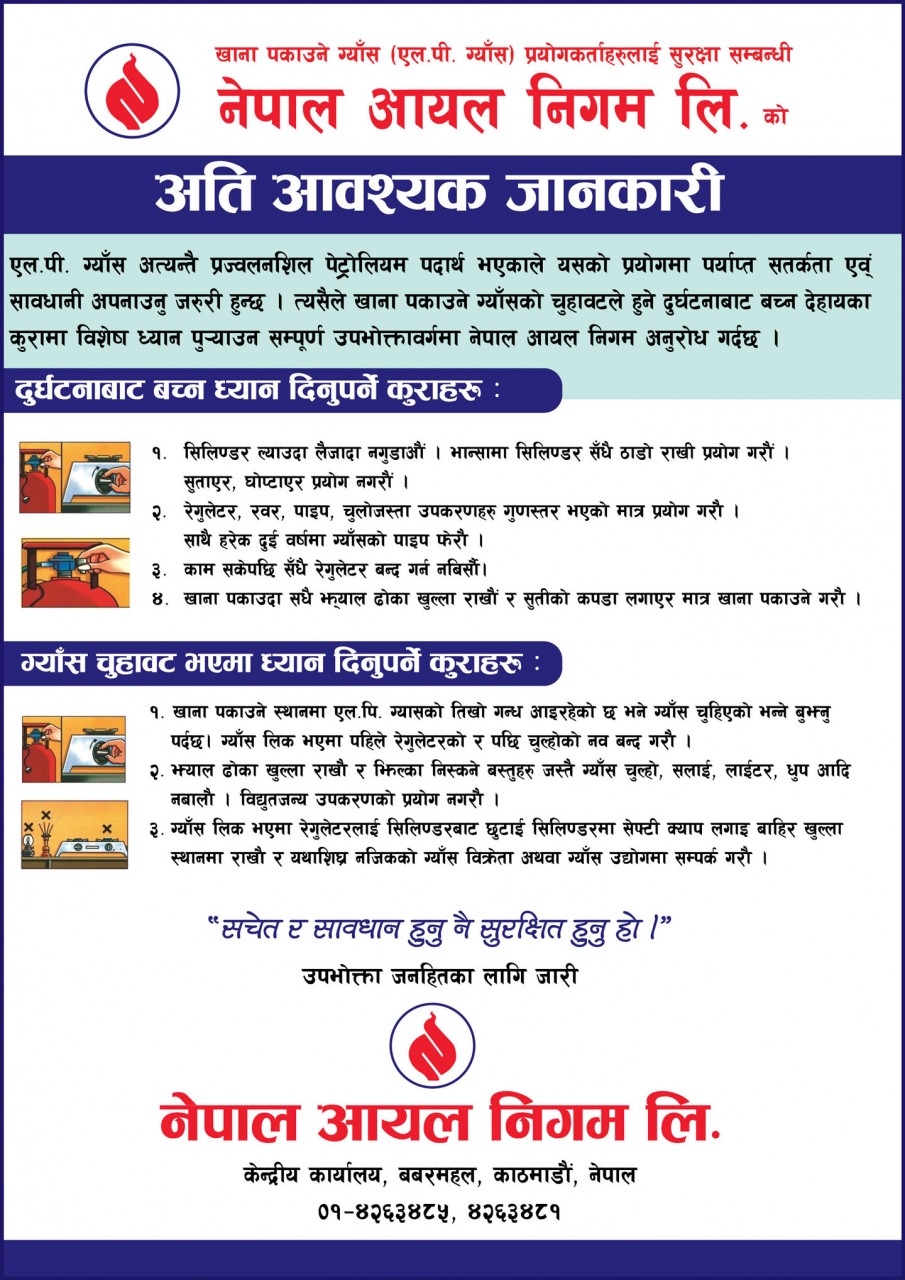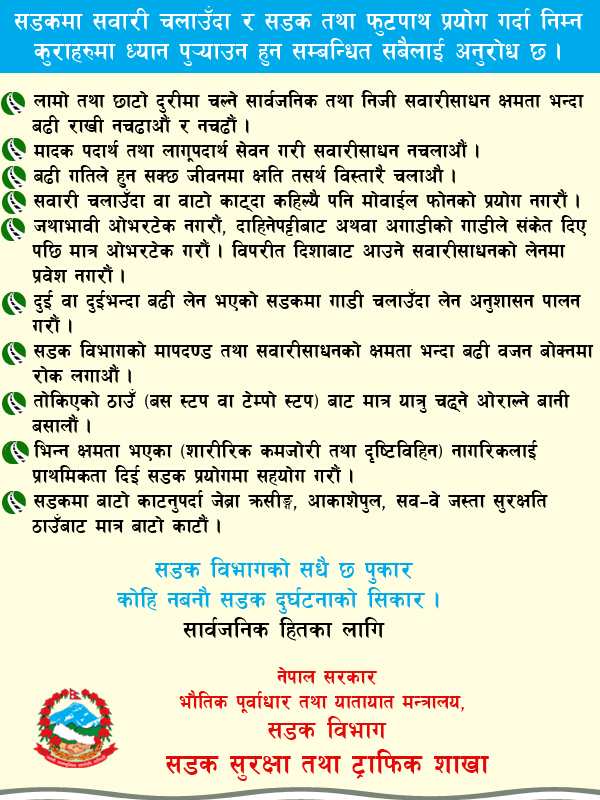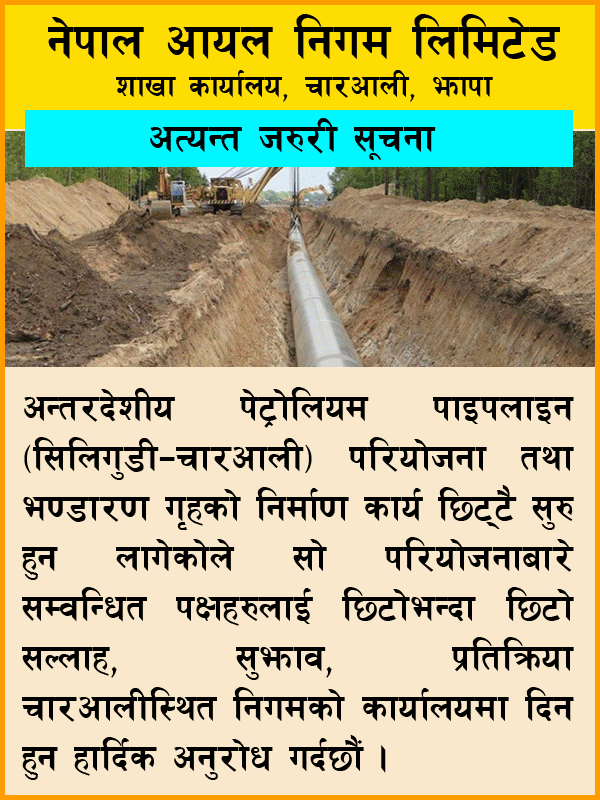(Xinhua) — The Catalan regional government (Generalitat) will ban cars manufactured before 1997 and trucks and vans built before 1994 from circulating on weekdays in the city of Barcelona from the start of 2019, local media reported Tuesday.
The decision was taken following a meeting between the Generalitat, the Barcelona Town Hall, the Provincial Deputation and local representatives late on Monday night.
That meeting saw an agreement to reduce emissions caused by traffic by 30 percent within the next 15 years and by 10 percent in the next five years, as well as plans to improve the protocols to be put into effect during moments of high air contamination.
Josep Rull, who is responsible for Sustainability for the Generalitat, explained that the current situation meant they had “taken drastic decisions in order to attain tangible and visible results”.
He added there were plans to improve public transport in order to lessen the impact of the proposals and to offer “solid alternatives” at moments of high air pollution.
Among those plans are proposals to allow more flexible working hours for public employees in an attempt to reduce rush hour congestion, with other companies based in Barcelona invited to do likewise.
Recent figures published by ANFAC, the organization representing Spanish car producers, show the average car on Spanish roads is 12 years old, while almost 60 percent of vehicles in use are over ten years old.
———–
11- Brazil’s recession worst in country’s history: GDP figures
RIO DE JANEIRO, March 7, 2017 (AFP) – Brazil’s recession hit the two year mark, becoming the worst in the country’s history, after Latin America’s biggest economy registered an eighth consecutive quarter of shrinkage, GDP figures showed Tuesday.
The government statistics office said the economy shrank 0.9 percent in the last three months of 2016. That meant an overall dip of 3.6 percent in 2016, following a 3.8 percent fall in 2015.
This is the deepest decline since records began.
Brazil has been shaken by a slump in prices for its oil, soy, metals and other commodity exports, as well as political instability and a huge corruption scandal.
Unemployment is at 12.6 percent, amounting to around 13 million people out of work.
The political leadership has been in crisis since last year when president Dilma Rousseff was impeached for illegally manipulating government accounts, while several high ranking allies of her successor President Michel Temer are now mired in a sprawling graft probe.
The embezzlement and bribery scandal — which is due to pick up pace soon with the expected release of damaging testimony against senior political figures — is slowing down Temer’s attempt to pass economic reforms in Congress.



